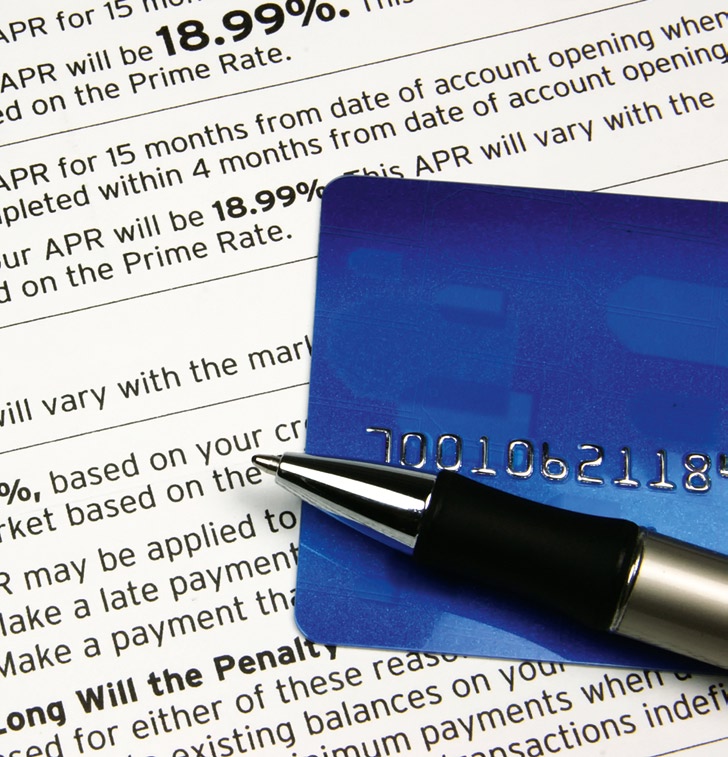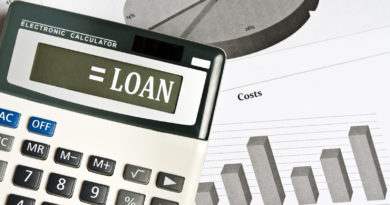Credit Crunch, Anyone?
By Edmund Lao, RFP®
Credit cards are an ingenious and useful tool to improve the quality of our lives. Or they could be the cause of your nightmare. Just like real money, credit card is neutral. One can either be its master or its slave depending on how you use it.
Credit cards, if used wisely, can be very useful. With a credit card, you can charge purchases and just pay for them later when you receive the bill. If you are given a high credit limit, you may charge bigger purchases even if you don’t have the money in the bank right now. You can also pay on installment for big ticket items that you otherwise wouldn’t be able to buy outright with cash.
However, it can be a source of financial stress and burden. You will have to pay for interest and late payment charges if you don’t pay your credit card bill in full and on time.
Knowing how a credit card works and how to save on financing charges and penalty fees will help you take advantage of leverage (using other people’s money) without getting distressed.
To illustrate, a friend once used his credit card to purchase in six installments a cell phone he planned to sell. Knowing the cut-off date of the credit card, he was able to collect the payment with profit even before the payment due date arrived. At the same time, he was able to accumulate points that earned him rewards such as gift checks and items and annual fee waiver. He was able to make money work for him.
On the other hand, credit card debt is death to those who abuse it. In this case, money works against the cardholder. Years ago, a friend became a classic example. He used his card at the request of a relative to purchase an item. The relative was not able to pay back the amount charged on due date. The credit card balance grew until it was already three times the original amount. My friend had no choice but to pay while his relative paid him back the original amount on installment basis.
Majority of cardholders assume that the credit card is an extension of their wallet. They tend to spend tomorrow’s money today by simply charging their purchases to the bank. Most of the time, the credit limit is maxed out. They do not realize that credit card use is for the elimination of risk of bringing too much money. In short, the use of credit card is for convenience. The wrong use of credit card will plunge an individual deep in debt.
Let us study how a credit card can work against us by knowing the three important credit card terms and conditions:
- Payment due date – Payment should be made on or before due date. Otherwise, a late payment fee and finance charge of 7.5% of the amount or P300 whichever is higher will be imposed.
- Minimum payment – The minimum amount to be paid is 5% of the monthly bill. This is the amount to be paid to avoid late payment fee. However this is composed of the past due amount, a percentage of the total statement balance inclusive of all fees and any amount in excess of the credit limit.
- Finance charge – This is the interest for the unpaid outstanding balance and the current total statement balance. By not paying the full amount, the cardholder will be considered a revolver and thus will be charged. The unpaid finance charge will form part of the outstanding balance and will be then charged a finance charge. This is a classic example of compounding finance charge. In general, finance charge is at 3.5% per month. That translates to a whopping 42% a year (even more actually when you consider it’s compounding)! Just recently, another friend missed out the payment of credit card for the first time by just one day. The total fees charged amounted to P636.
Others fees include cash advance service fee, over credit limit fee, retrieval fee, card replacement fee, and foreign currency conversion fee.
Here is an example to illustrate:
Assumptions:
Amount: P100,000 debt (and no additional charge)
Interest: 3.5% monthly or 42% annually
Minimum monthly payment: 5%
Results:
If you are 20 years old at the time you swiped the P100,000 credit card debt, you will still have debt when you retire by age 65. The interest that you would pay by age 65 is more than double your original credit card debt at P233,266.72 and even after paying all that interest, your principal payment has only reached P99,971.45.
Hopefully, you will bump your head and pay your entire balance when it reaches P1,000. That will still take you 25 years to fully retire your debt.
Isn’t it easy to see how money can work for the bank and against you the cardholder? The problem associated with credit card fees lies not in the product but in our mindset and behavior. Below are some suggestions to help prevent or minimize credit card problems:
- Pay in full. Before using the credit card, make sure that there is cash available for payment. Remember that credit card use is only for convenience. Paying in minimum amount will incur charges and prolong the payment term. If you do not have the money to pay for the item, you must discipline yourself to wait and save up for the item.
- Automate recurring bills. Enroll your credit card to pay for needs like utility bills and insurance premiums. Just leave the card at home so that there will be no extra expenses. That is what I do up to now with my card. The other one is for my corporate expenses. That way, I control my expenses and I earn rewards points.
- Cut the credit card. If you cannot control your emotion in using your credit card, it is better to cut it in half. Buy what you need by using cash. Another idea is to save up for that item before buying. Who knows, by the time you have the funds ready, the price might have gone down or maybe you realize you don’t need the item anymore. There is nothing to lose by suppressing the feeling of instant gratification. But if you really want to avoid the credit card trap in the first place, another option is not to avail of credit cards even if the offer is too tempting.
Edmund Lao, RFP is a registered financial planner (RFP) of RFP Philippines. A sales engineer by profession, he is an advocate of financial planning. To know more about the RFP program, please visit www.rfp.ph or inquire at info@rfp.ph.




